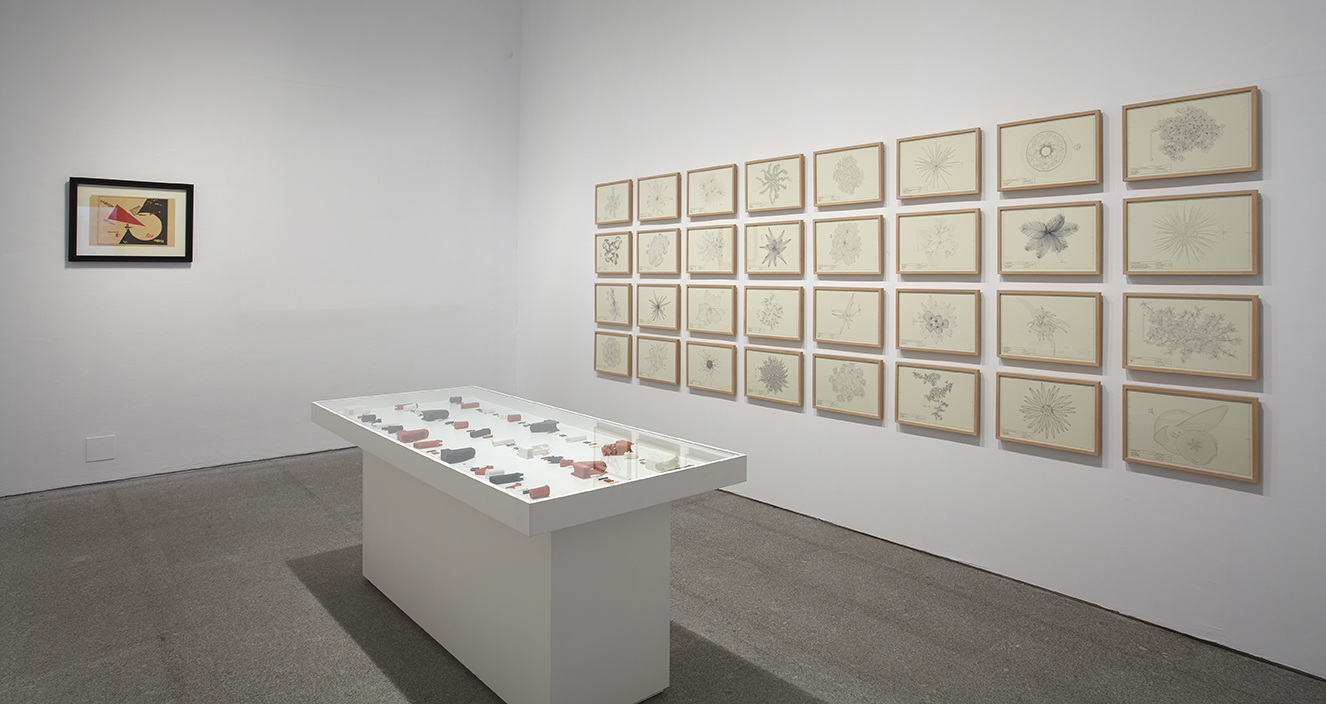Guernica. Picasso Communist, 2012
Recently, the U.S. Federal Bureau of Investigation (FBI) declassified
the files it once maintained on Pablo Picasso. The files on display
in the exhibition show how the agency, concerned about Picasso’s
communist affiliations, followed the artist when he lived in Paris.
The declassification is only partial. Large parts of the information
are covered in black. Making sense of it all is more or less impossible.
The unredacted portions read as an “alternative” history of
Picasso as a political artist. Like art historians proper, the FBI gives
a detailed account of Picasso’s activities as well as his art. The account
includes a summary of an article published in connection with
an exhibition at the Museum of Modern Art in New York in 1957.
According to the files, the article, from the communist magazine The
Worker, argues that “PICASSO cannot be understood unless his life
in art and his life in politics are seen as a synthesis of his guiding
philosophy and social outlook.” From an oppositional political perspective
the FBI (likely unaware of the irony) seems to have taken a
similar approach in its investigation of Picasso.

